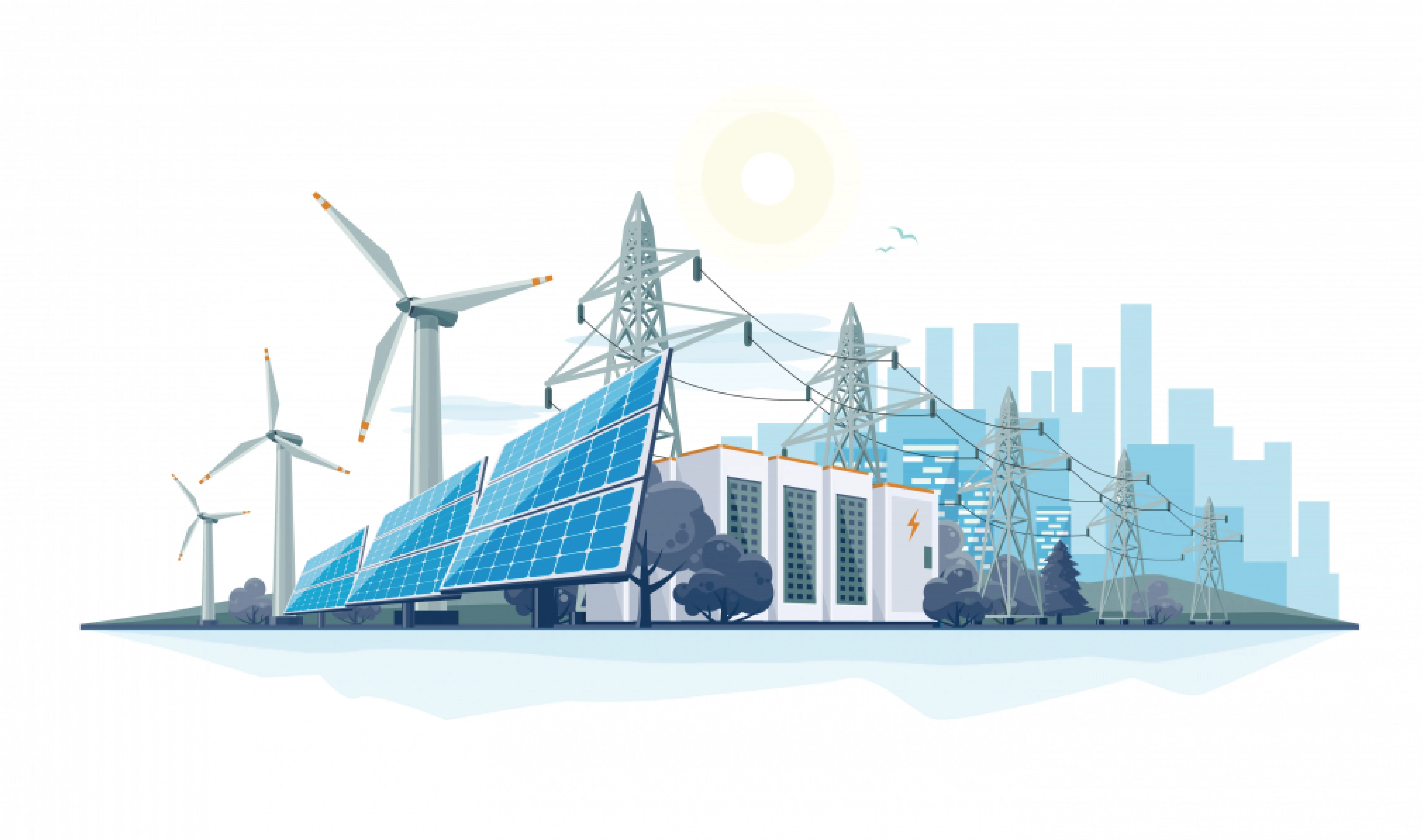Implementing an AI-Powered Microgrid at Rajarata University of Sri Lanka

-
Ongoing
 16 June 2023 to March 2025
16 June 2023 to March 2025 -
Project Partners
Rajarata University of Sri Lanka (RUSL)
Alta Vision (Pvt) Ltd
Syntax Genie (Pvt) Ltd
The Faculty of Technology at Rajarata University of Sri Lanka, in partnership with Syntax Genie (Pvt) Ltd and Alta Vision (Pvt) Ltd, is spearheading a pioneering initiative focused on sustainable energy solutions. This groundbreaking endeavor involves the launch of a Microgrid pilot project that aims to reshape the energy landscape through the integration of state-of-the-art technologies, artificial intelligence, and renewable energy sources. This collaborative effort between Rajarata University, Syntax Genie and Alta Vision is poised to transform energy accessibility in rural areas of Sri Lanka, leveraging the power of AI to manage and optimize renewable energy Microgrids.
Project Budget
- Project Cost: 715,000 USD
Project Objectives
The key objectives for implementing this microgrid project:
- To develop a prototype microgrid that can maximize the use of renewable energy while minimizing reliance on fossil fuels.
- To provide a research facility for students to learn about microgrid technologies and operations.
The microgrid is ingeniously designed to operate seamlessly in both island and non-island modes, with a primary focus on optimizing renewable energy sources such as wind, solar, energy storage, and a backup diesel generator. This self-sustaining system integrates solar PV and wind, paired with battery storage, to diminish reliance on diesel generators.
Technical Overview
The microgrid at the Faculty of Technology, Rajarata University of Sri Lanka, has the following specifications:
- 50 kW solar PV array
- 10 kW wind turbine
- 200 kWh battery storage system
- 300 kW diesel generator backup
- SCADA system for forecasting, optimization, and control
The solar PV and wind turbines generate DC power, which gets converted to AC for feeding into the microgrid network. The diesel generator provides backup power when renewable generation is insufficient to meet the load demand. The battery energy storage system helps balance instantaneous fluctuations and store excess renewable energy.
Key Outcomes
The Rajarata University microgrid project led us to several key outcomes:
- Demonstrated a reduction of over 50% in diesel generator run times by leveraging renewable energy and batteries.
- Enabled island operation of the microgrid without grid supply for over 8 hours per day.
- Provided a reliable power source for the university campus, leading to improved quality of electricity.
- Created a living lab environment for students to gain hands-on experience in microgrid technologies.
By implementing this project thus far, Syntax Genie and Alta Vision has acquired substantial hands-on experience and data to enhance microgrid performance. We aim to build on this experience to create robust yet flexible microgrid architectures suitable for remote regions.